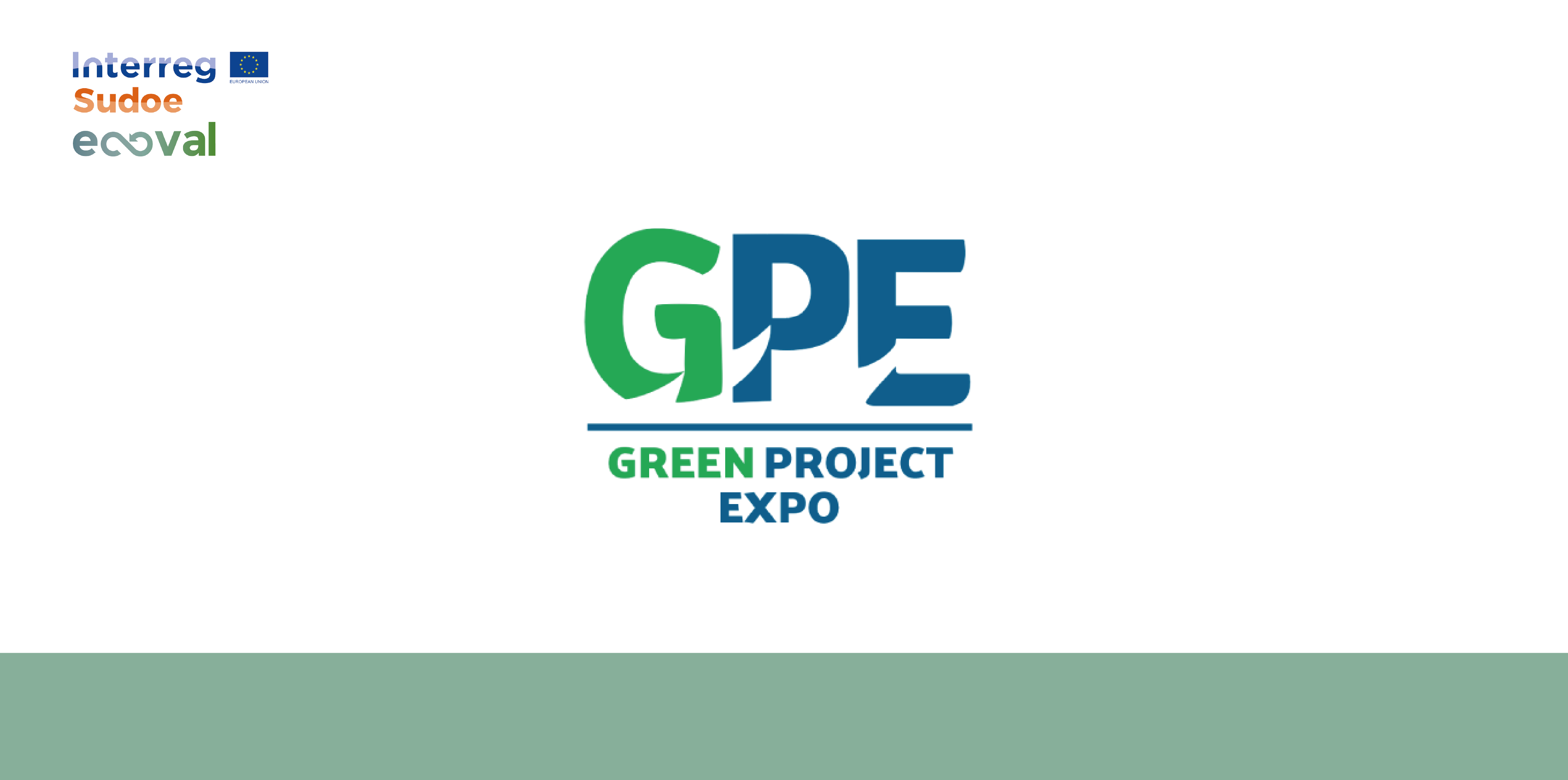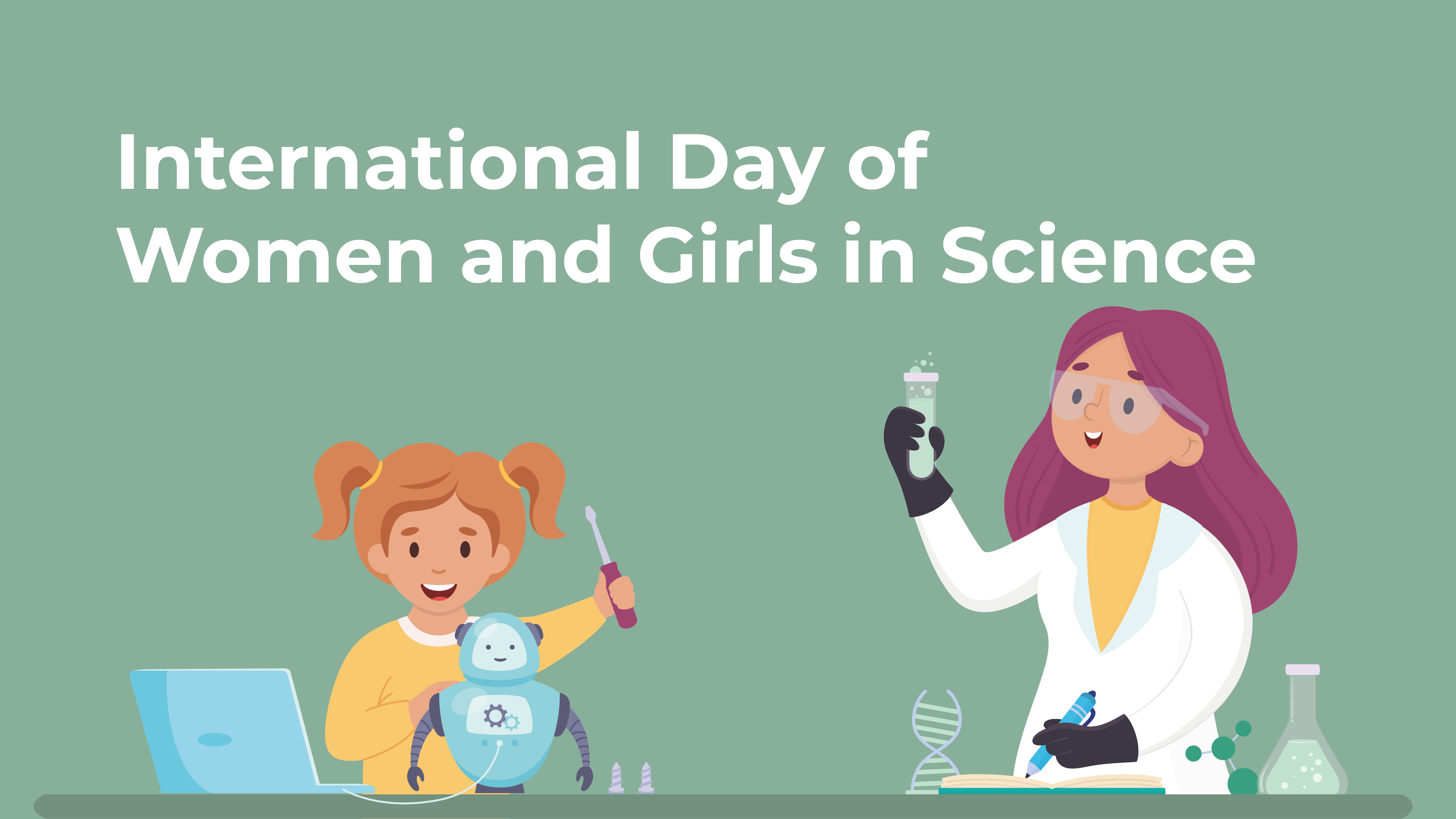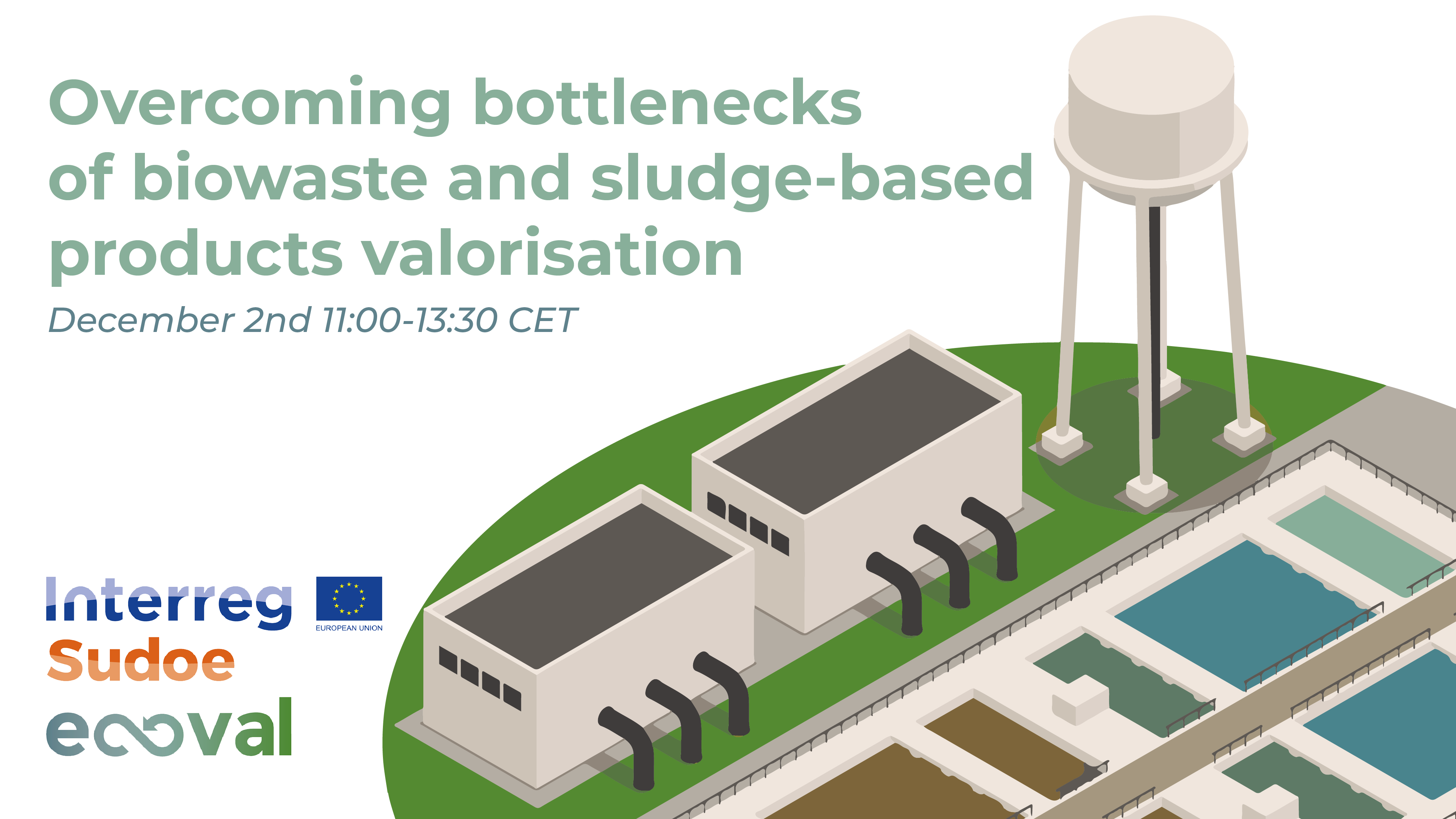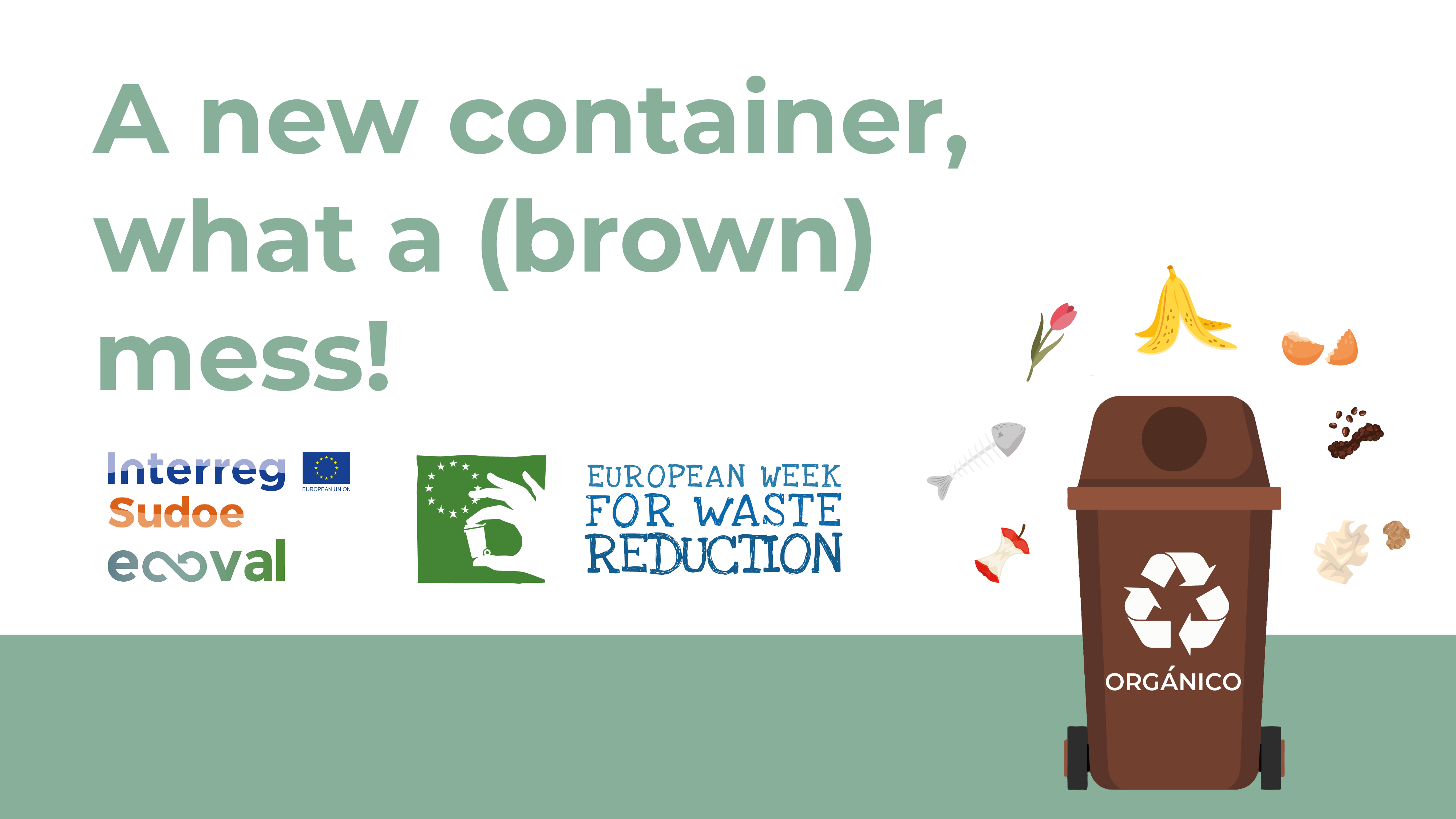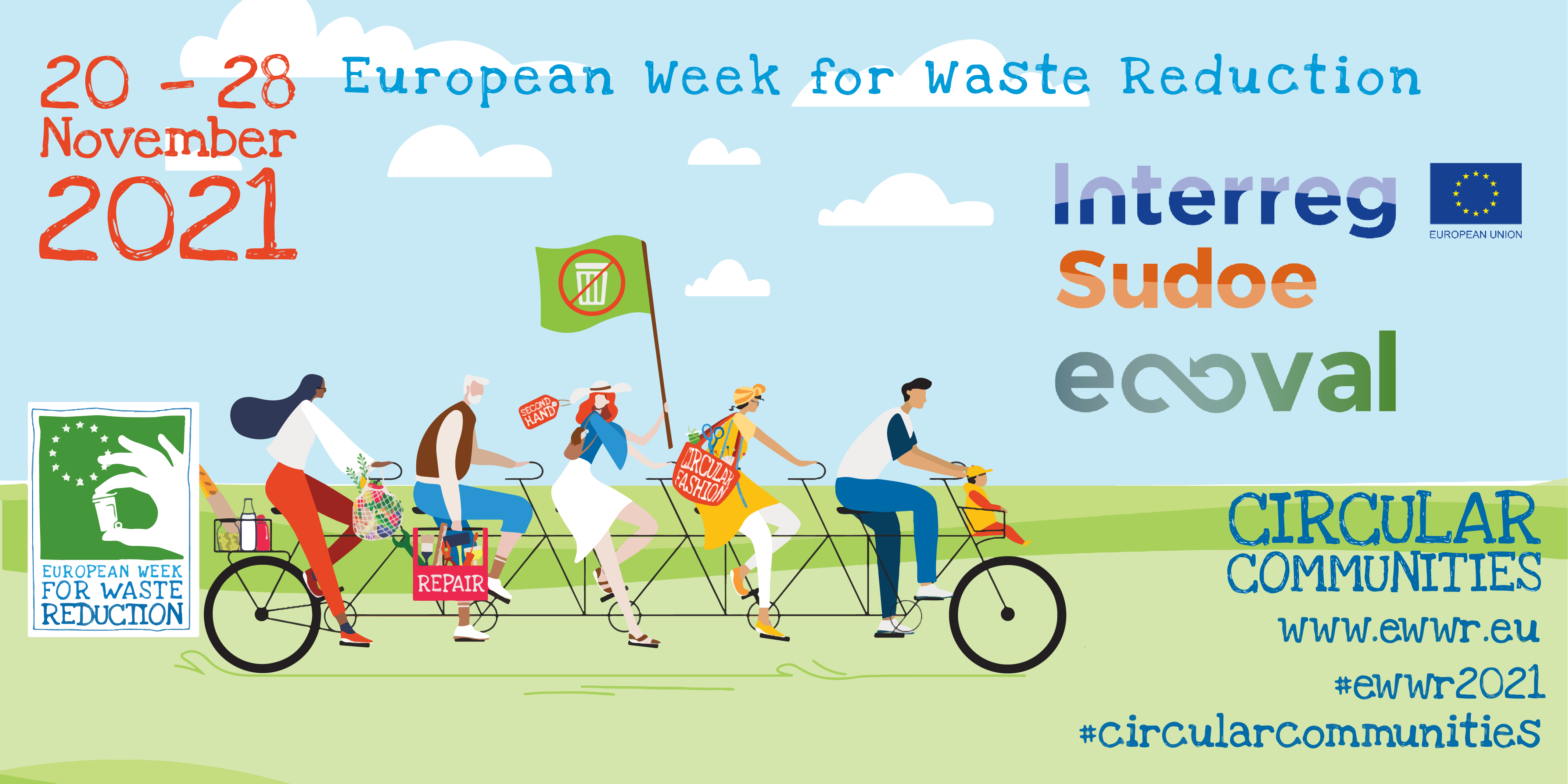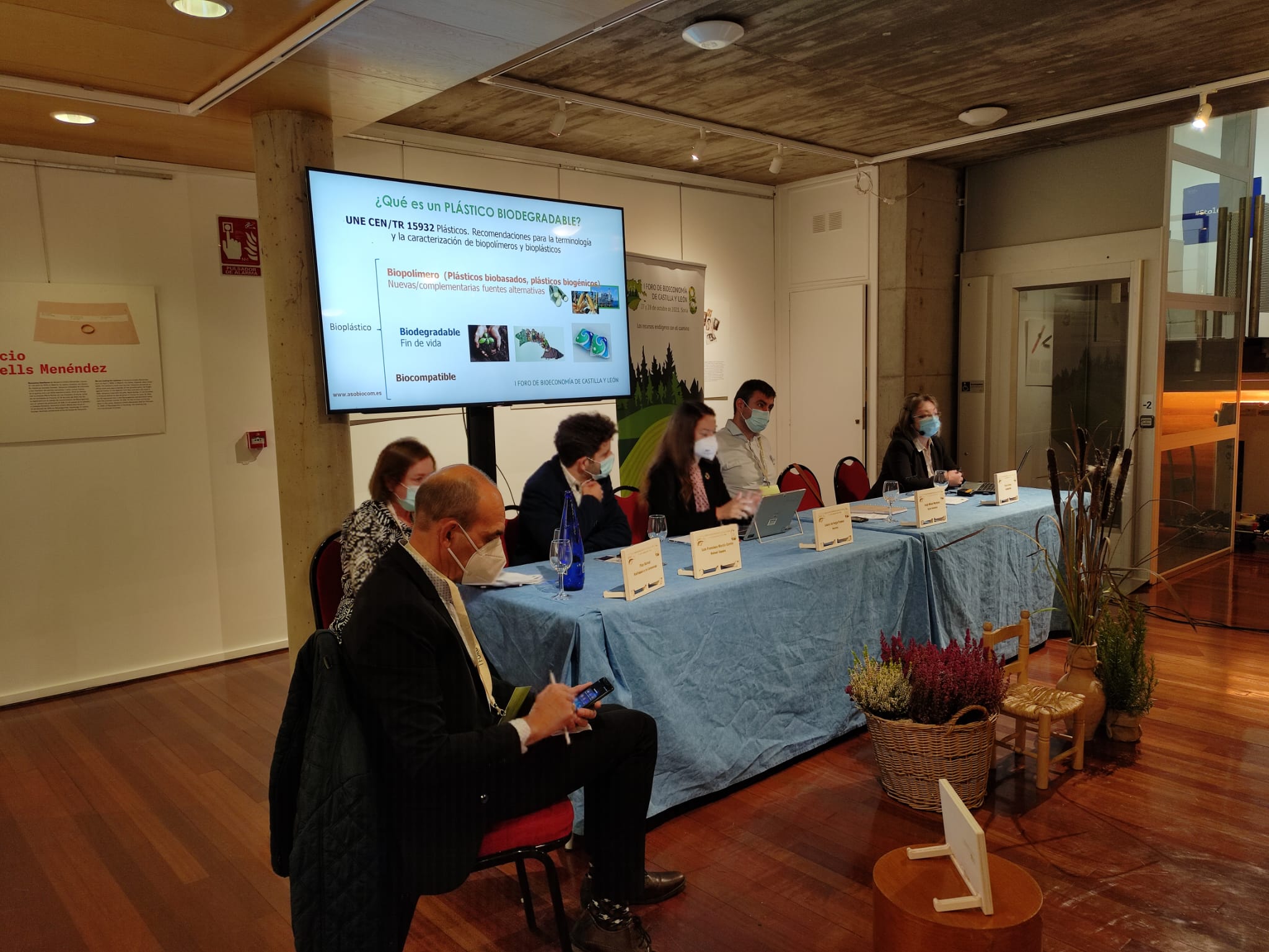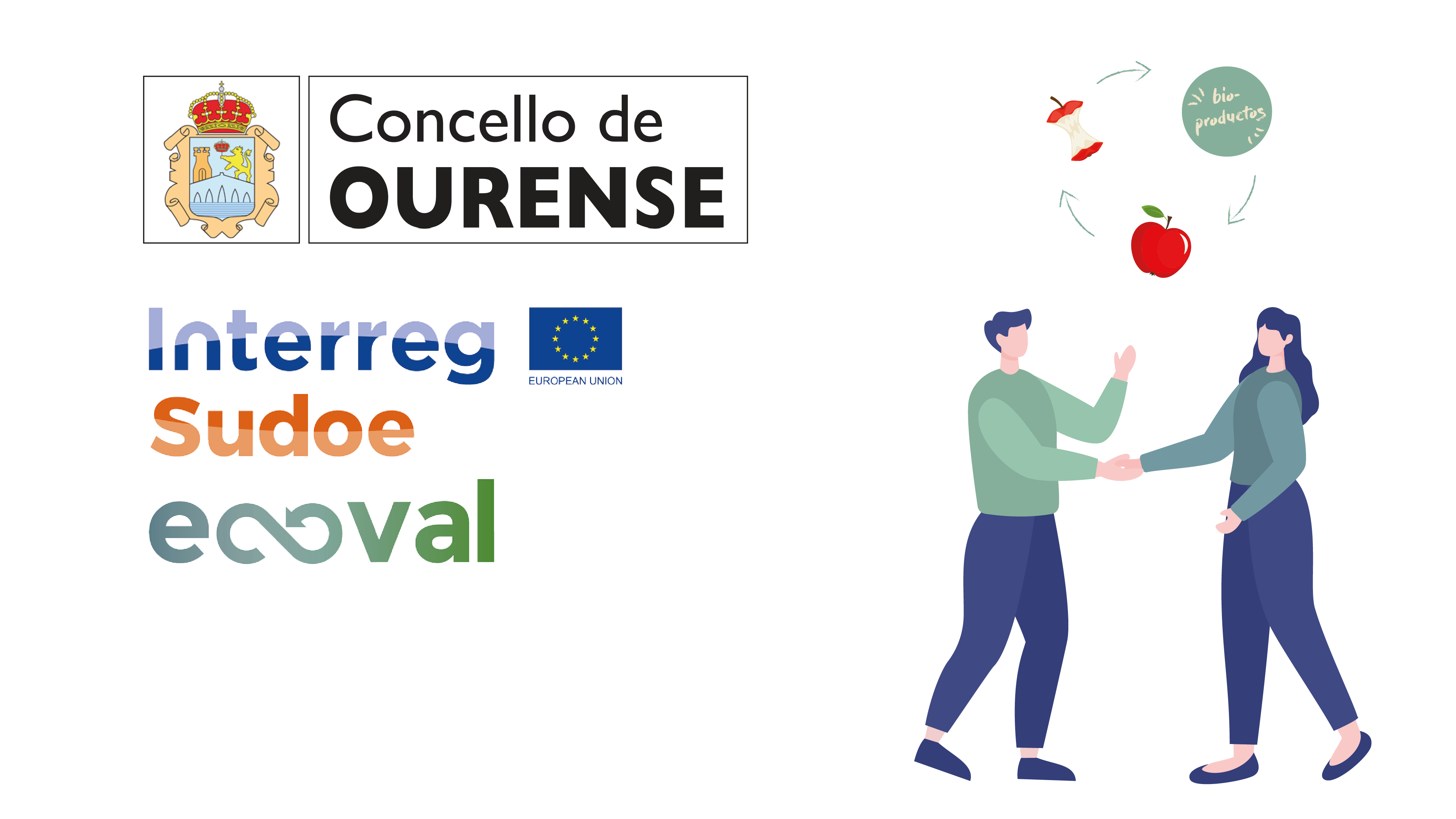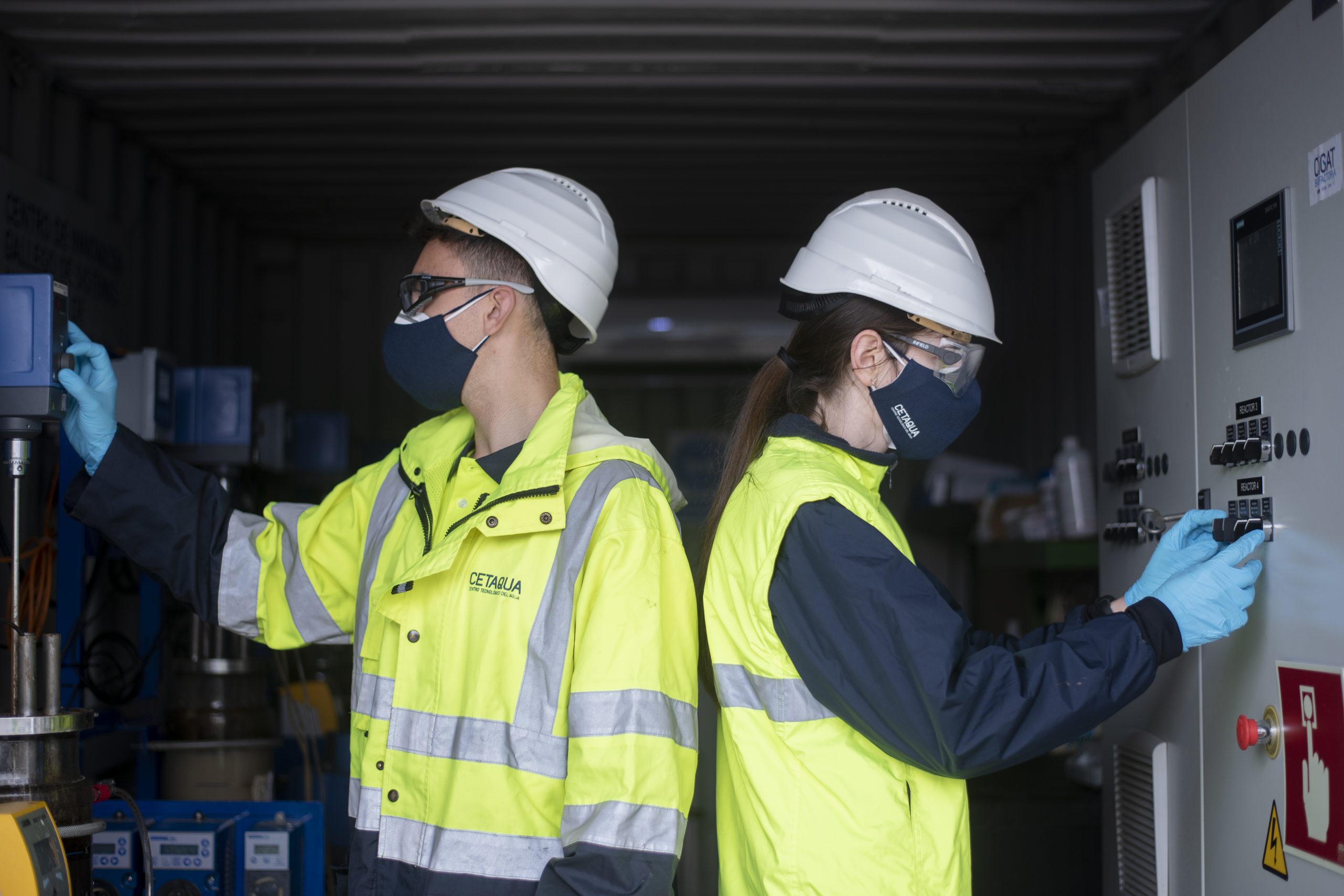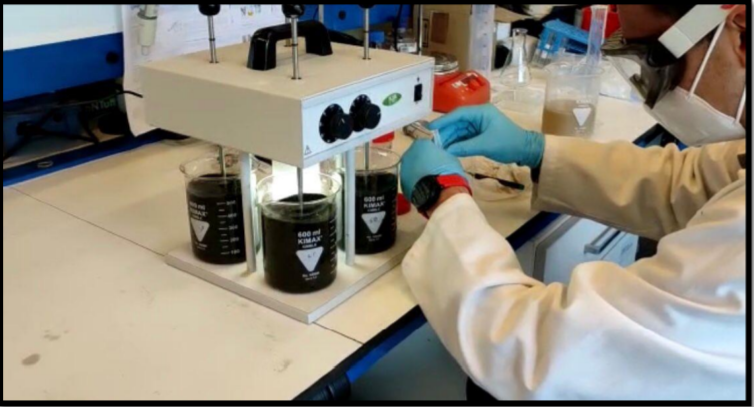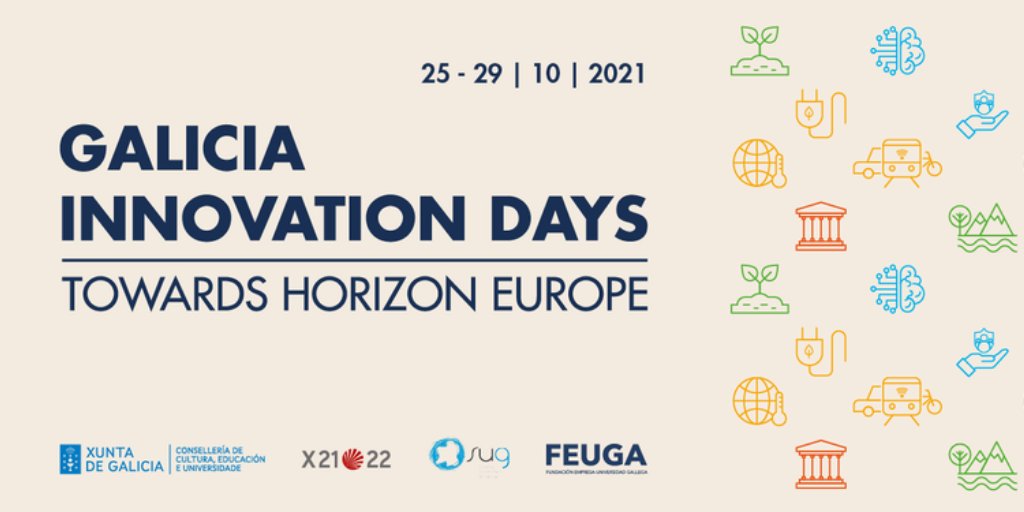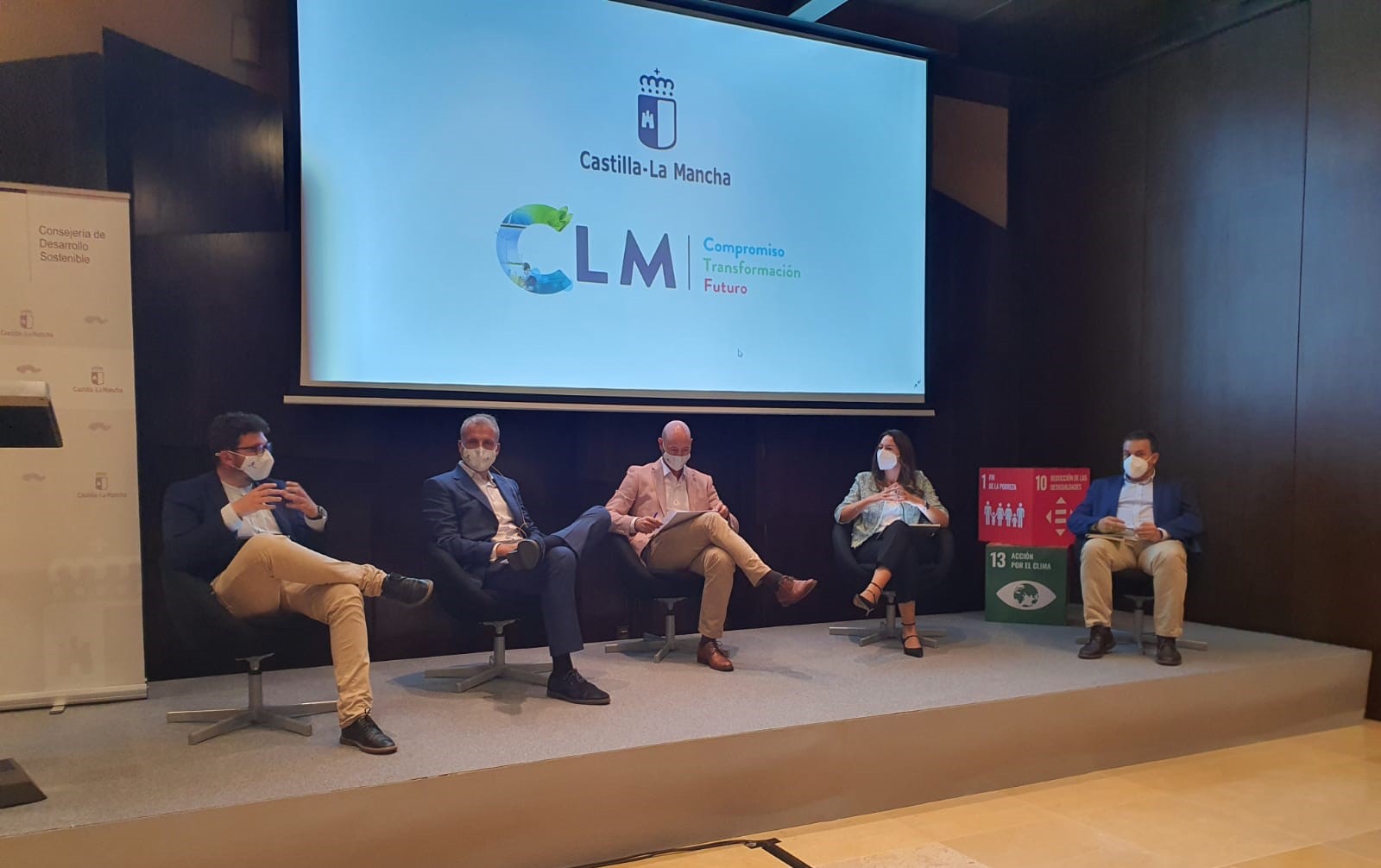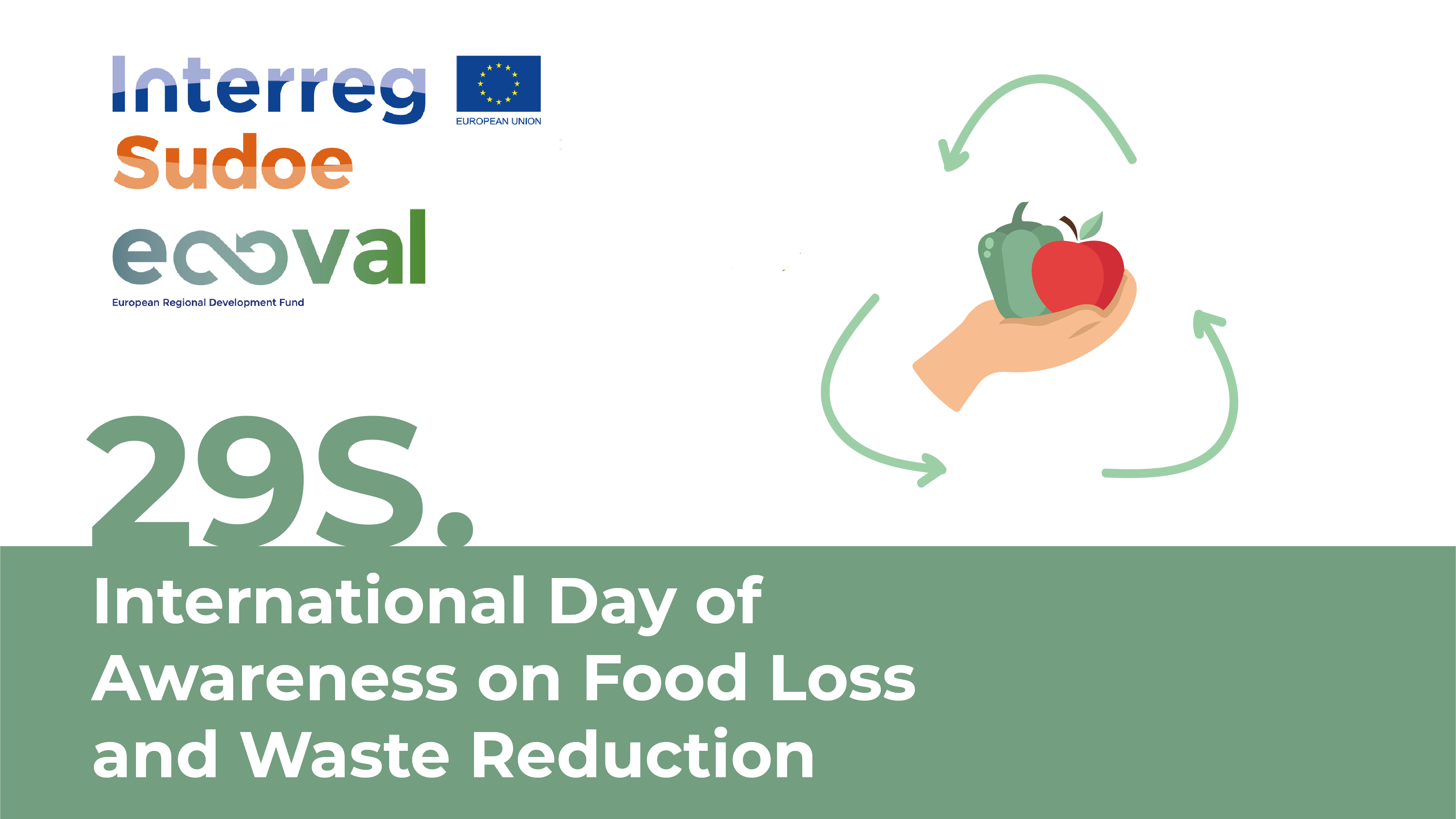The European Interreg ECOVAL project that will turn the Palencia wastewater treatment plant into a biofactory is one of the proposals that Aquona’s Director of Sustainable Development, Laura de Vega, shared at the 1st Circular Bioeconomy Forum of Castilla y León that took place in Soria on 27th and 28th October.
29th October 2021- The circular economy has become a key paradigm for water to be an engine that accelerates the ecological transition and contributes to overcoming the demographic challenge. This requires innovative proposals from administrations and companies such as Aquona, which manages “the sustainable water cycle in 130 municipalities in Castilla-La Mancha and Castilla y León with a low-carbon model and a commitment to digitalisation and technology to apply solutions based on the circular economy”, said Laura de Vega, the company’s Director of Sustainable Development.
This was highlighted by De Vega at the 1st Circular Bioeconomy Forum of Castilla y León, which was held in Soria on 27th and 28th October. Specifically, Aquona‘s Director of Sustainable Development participated in the workshop on best practices and innovation projects in circular bioeconomy together with Luis Francisco Martín, ReFood Commercial Technician in the central area of Spain of the Saria Group; Ángela Osma, General Secretary of the Spanish Association of Compostable Biodegradable Plastics; Jorge Miñón, Founding Partner of Agrae Solutions S.L. and María Pilar Bernal, President of the Spanish Composting Network and Research Professor at CEBAS-CSIC.
“The circular bioeconomy in the water cycle” was the name of Aquona’s presentation in which it shared the projects in this area that the company is promoting. One of the first lines of action discussed was the transformation of wastewater treatment plants into biofactories, a process in which the wastewater treatment plant (WWTP) in Palencia that Aquona manages is currently involved. The plant’s thermal utilisation rate is already 100% and its energy self-sufficiency is 65%. In addition, “100% of the sludge produced in the treatment process is recovered and used in agriculture”, said Laura de Vega, adding that the “recovery of sand for use as compost” or as filler material in construction sites and ditches is also being tackled. As for water reuse, “part of the treated water is being used to irrigate gardens,” said De Vega. The protection of biodiversity and the involvement of the local community close the cycle in this transformation process.
In addition, the Palencia WWTP is one of the application scenarios of the European Interreg ECOVAL project. With a budget of 1.4 million euros, this initiative is based on the recovery of sludge and solid urban waste to obtain high added value volatile fats for the plastics, lubricants and agrochemical industries. The Junta de Castilla y León, Palencia City Council and Aquona, together with other partners, promote the project coordinated by CETAQUA, the water technology centre of Agbar, the group to which Aquona belongs.
Circularity in the field of energy can be found in León, where Aguas de León, a mixed company owned by Aquona and the City Council of León, manages the municipal water service and is promoting the Life Nexus project that will generate micro-hydroelectric energy and promote its storage.
This firm commitment to innovation and the company’s circular economy has the 2030 Agenda and the United Nations Sustainable Development Goals as its roadmap, where alliances “between all stakeholders are essential to multiply the impact of actions”, says Laura de Vega. In the same way, the 2030 Agenda is the guide to achieve a green, sustainable and inclusive reconstruction after the pandemic in which the Next Generation Recovery Funds “are an opportunity to promote the circular economy, propose solutions to climate change and address the needs of digitalisation, supply, sanitation and purification that help us to unite the territory and put an end to depopulation”, she concluded.

